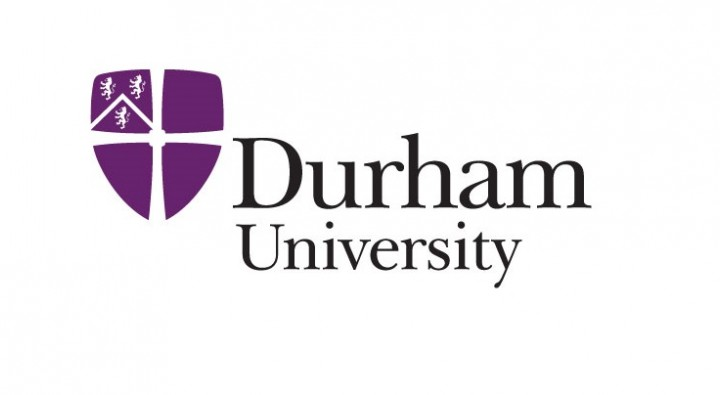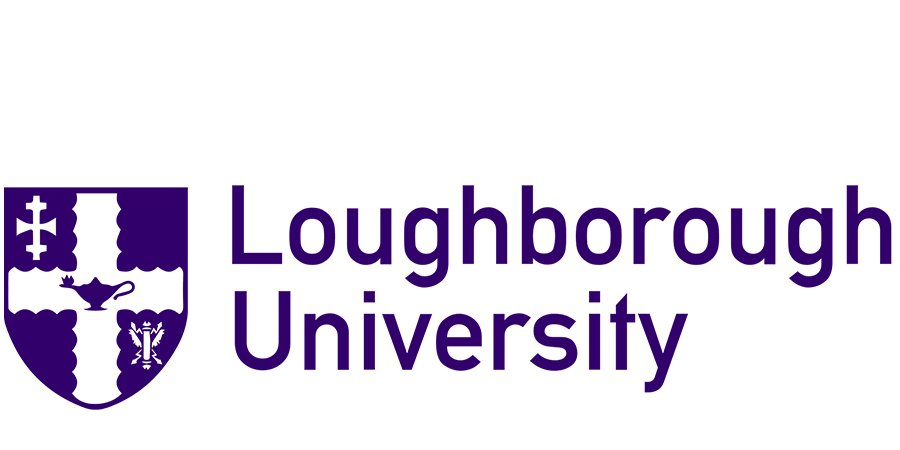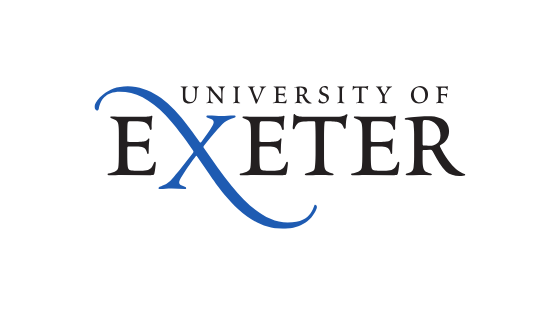Study Natural Sciences Abroad: A Gateway to Global Discovery
Embark on a journey of exploration and innovation with a degree in Natural Sciences. This interdisciplinary field encompasses the study of the physical world, from the tiniest atoms to vast cosmic phenomena. For Indian students aspiring to study abroad, pursuing Natural Sciences opens doors to world-class education, cutting-edge research, and international career opportunities. Whether you're passionate about biology, physics, or environmental science, studying abroad equips you with the skills to tackle global challenges like climate change and sustainable development.
Why Choose Natural Sciences?
Natural Sciences is a broad and versatile discipline that integrates biology, chemistry, physics, earth sciences, and more. It fosters critical thinking, problem-solving, and a deep understanding of how the natural world functions. In today's interconnected world, professionals in this field are essential for advancements in healthcare, technology, and environmental conservation.
For Indian students, studying Natural Sciences abroad offers unique advantages:
- Advanced Facilities: Access state-of-the-art laboratories and research centers that surpass many domestic institutions.
- Global Perspective: Collaborate with diverse peers and faculty, gaining insights into international scientific practices.
- Research Opportunities: Participate in groundbreaking projects, often funded by global organizations like NASA or the European Space Agency.
- Career Edge: Degrees from abroad are highly valued by Indian employers and multinational companies, boosting employability.
With India's growing emphasis on STEM education, a Natural Sciences degree from abroad can position you as a leader in research and innovation back home or internationally.
Popular Specializations in Natural Sciences
Natural Sciences programs allow flexibility to specialize based on your interests. Here's a breakdown of key areas:
| Specialization | Description | Career Paths |
|---|---|---|
| Biology | Focuses on living organisms, genetics, and ecosystems. Explore topics like molecular biology and biotechnology. | Biotechnologist, Geneticist, Environmental Consultant |
| Chemistry | Studies matter, its properties, and reactions. Includes organic, inorganic, and physical chemistry. | Chemical Engineer, Pharmacist, Forensic Scientist |
| Physics | Examines fundamental laws of the universe, from quantum mechanics to astrophysics. | Physicist, Data Scientist, Renewable Energy Specialist |
| Earth Sciences | Covers geology, oceanography, and meteorology. Addresses planetary processes and natural resources. | Geologist, Climatologist, Hydrologist |
| Environmental Science | Integrates natural and social sciences to study environmental issues and sustainability. | Conservationist, Policy Advisor, Sustainability Manager |
Many programs offer combined majors, allowing you to blend disciplines like biochemistry or geophysics for a tailored education.
Top Universities for Natural Sciences Abroad
Choosing the right university is crucial. Here are some of the world's leading institutions renowned for their Natural Sciences programs, particularly welcoming to international students from India:
- University of Cambridge, UK: Offers the Natural Sciences Tripos, a flexible program with hands-on research from year one. Ranked top globally for sciences.
- Harvard University, USA: Provides interdisciplinary concentrations in life and physical sciences, with access to Harvard's vast research ecosystem.
- ETH Zurich, Switzerland: Excels in physics and earth sciences, known for innovation and low tuition for internationals.
- University of Toronto, Canada: Strong in environmental and biological sciences, with scholarships for Indian students and a multicultural campus.
- Australian National University, Australia: Focuses on earth and marine sciences, offering post-study work visas beneficial for career starters.
- National University of Singapore (NUS): A top Asian hub with programs in natural sciences, proximity to India, and collaborative research with IITs.
These universities boast high employability rates, with graduates often securing roles at organizations like the UN or leading tech firms.
Admission Requirements for Indian Students
Gaining admission to Natural Sciences programs abroad requires preparation, but it's achievable with the right strategy. Most universities follow a similar process:
- Academic Qualifications: A 10+2 with strong marks in science subjects (Physics, Chemistry, Biology/Maths). Minimum 70-85% aggregate from a recognized Indian board like CBSE or ISC.
- Standardized Tests:
- SAT/ACT for undergraduate programs in the US and Canada.
- IELTS/TOEFL for English proficiency (typically 6.5+ IELTS or 90+ TOEFL).
- Subject-specific tests like AP or A-levels for advanced standing.
- Application Documents: Personal statement highlighting your passion for sciences, letters of recommendation from teachers, and transcripts. Emphasize any research projects or science olympiads from India.
- Entrance Exams for Specific Countries: JEE Advanced scores may be considered in Australia; BMAT for some UK medical-related sciences.
- Deadlines: Apply early—deadlines range from October to January for fall intake.
Visa processes vary: F-1 for the US, Tier 4 for the UK, or study permits for Canada. Indian students should prepare financial proofs, as costs range from INR 20-50 lakhs per year, including tuition and living expenses.
Scholarships and Financial Aid for Indian Students
Studying abroad doesn't have to be daunting financially. Numerous scholarships target Indian students in Natural Sciences:
- Inlaks Shivdasani Foundation: Up to USD 100,000 for postgraduate studies in sciences at top global universities.
- Commonwealth Scholarships (UK): Fully funded for master's in natural sciences, covering tuition, travel, and stipend.
- DAAD Scholarships (Germany): For research-oriented programs in physics and chemistry, with monthly allowances.
- Fulbright-Nehru (USA): Supports Indian students in environmental sciences, including pre-departure training.
- University-Specific Aid: Harvard's financial aid packages, ETH Zurich's merit scholarships, and NUS's ASEAN scholarships for Indians.
Additionally, part-time jobs on campus (up to 20 hours/week) and education loans from Indian banks like SBI can ease the burden. Always check eligibility—many prioritize academic excellence and leadership in science extracurriculars.
Career Prospects After Studying Natural Sciences
A Natural Sciences degree abroad propels you into diverse, high-demand careers. With India's booming sectors like pharmaceuticals and renewable energy, returning graduates are in high demand.
Key Career Paths:
- Research and Academia: PhD pathways leading to roles at ISRO, CSIR, or international labs. Average salary: INR 8-15 lakhs starting.
- Industry Roles: In biotech (e.g., Biocon), energy (Reliance), or tech (Google's AI teams). Global salaries: USD 50,000-80,000 entry-level.
- Public Sector: Environmental policy with the Ministry of Environment or UN agencies, focusing on sustainable development.
- Entrepreneurship: Start-ups in agritech or clean energy, leveraging networks from abroad.
Post-study work visas (e.g., 2-3 years in Canada/Australia) allow you to gain experience before deciding to return to India. Networking through alumni associations, like those of Cambridge or Harvard in India, enhances opportunities.
Student Life and Tips for Success
Adjusting to life abroad can be exciting yet challenging. Indian students in Natural Sciences often thrive by:
- Building a Support Network: Join Indian student societies or science clubs for cultural events like Diwali celebrations.
- Balancing Studies: Natural Sciences involves lab work and fieldwork—manage time with tools like planners. Seek mentorship from professors early.
- Health and Wellness: Access university counseling for homesickness; maintain a balanced diet with Indian groceries available in most host countries.
- Practical Tips: Learn local public transport, budget for winters in the UK/Canada, and explore internships during breaks to build your resume.
Many universities offer orientation programs tailored for internationals, ensuring a smooth transition. Remember, your Indian background—rooted in rigorous science education—gives you a competitive edge.
Ready to Take the Next Step? Explore Natural Sciences programs today and transform your curiosity into a global career. With dedication, the world of science awaits you.












